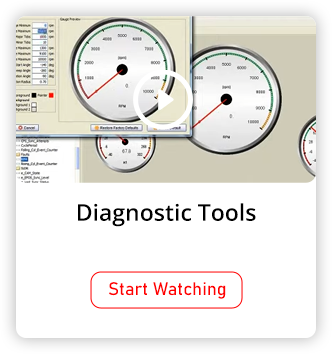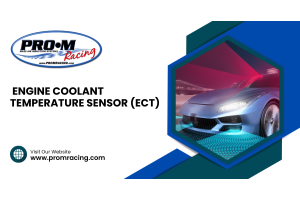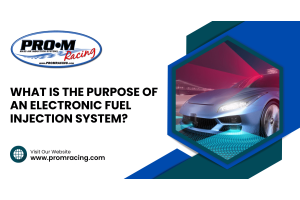admin admin
-
April 08, 2024
Traction control is a vehicle safety feature designed to prevent wheel slip and loss of traction during acceleration by modulating engine power and/or applying brake force to individual wheels.
-
April 02, 2024
The ECT sensor typically utilizes a thermistor, which changes its resistance based on the temperature of the coolant. As the temperature changes, the resistance of the thermistor changes, allowing the ECU to measure the temperature accurately.
-
March 27, 2024
The car air filter is a critical component of your vehicle's engine system. It's responsible for filtering the air that enters the engine, removing dust, dirt, debris, and other contaminants before they can reach the combustion chambers.
-
March 20, 2024
A Mass Air Flow (MAF) meter, also known as a Mass Air Flow sensor (MAF sensor) or simply a mass air meter, is a device used in the air intake system of internal combustion engines to measure the mass flow rate of air entering the engine. It's a crucial component of modern electronic fuel injection (EFI) systems.
-
March 18, 2024
The primary purpose of an Electronic Fuel Injection (EFI) system is to precisely control the amount of fuel delivered to the engine cylinders for combustion. Unlike carburetors, which rely on mechanical principles to mix air and fuel, EFI systems use electronic sensors and control units to optimize fuel delivery based on various engine parameters such as engine speed, load, temperature, and throttle position.
-
March 15, 2024
The function of the fuel system is to store and supply fuel to the cylinder chamber where it can be mixed with air, vaporized, and burned to produce energy. The fuel, which can be either gasoline or diesel is stored in a fuel tank.
-
March 14, 2024
The Engine Management System (EMS), also known as the Engine Control Unit (ECU) or Engine Control Module (ECM), is a crucial component in modern vehicles that controls various aspects of engine operation to optimize performance, fuel efficiency, and emissions.












